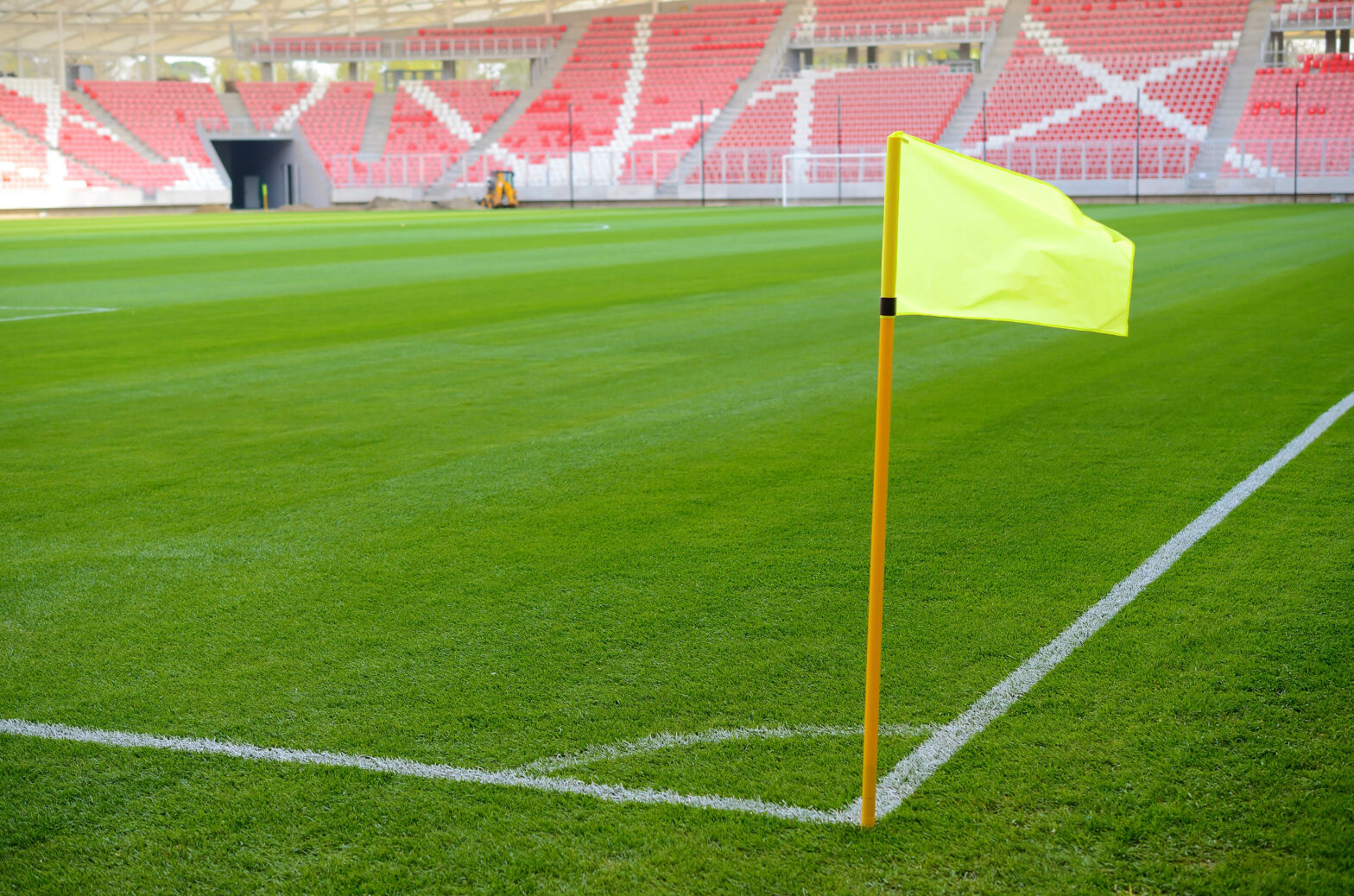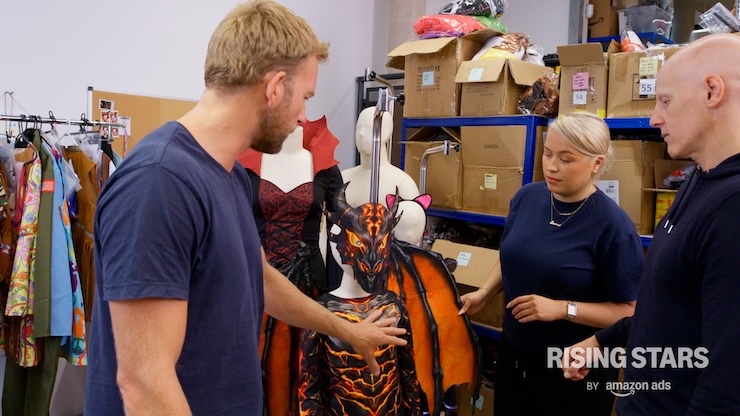Sports sponsorship may seem to be the reserve of large multinationals; the likes of Coca-Cola, Sony or McDonald’s. But it doesn’t have to be like that. Small businesses can also derive significant value, generating substantial publicity for a relatively small investment.
Smaller businesses may feel like they don’t have the marketing machinery, or budgets, to take the plunge, but it really needn’t be so daunting, or expensive. In fact, sponsorship marketing is one of the easiest, most affordable ways for a small business to gain exposure.
Sponsorship is a mutually beneficial relationship between two organisations; a rights owner, such as a sports club, and a fund provider, the business.
Before entering into a deal, remember a golden rule: sports sponsorship is so much more than a corporate badging exercise. You need to think beyond your logo appearing all over an event, and consider how you can use the sponsorship to build understanding around your business and engage with your target audience. Sports sponsorship is a marketing channel, and you can use it to tell your story, build relationships with customers, and build your brand, just as with other commercial tools, like advertising or direct marketing.
Also, as with any form of marketing, it’s good to think about it as an investment that will build in value, and returns, over time. Some people may say sponsorship can’t be measured, but as long as you properly define your objectives and take an active role in managing and monitoring how the sponsorship is executed, it can be as accountable as any other form of marketing.
So, why sport?
The reason sport is so powerful, even at a small level, is because of the engagement, passion and sense of belonging that it inspires. This sense of community and belonging has been borne out by research. A couple of years ago, Sports Revolution conducted a study talking to sports fans about what makes them become and stay a sports fan. If you ask them what they love most about being a fan, you might expect a Liverpool fan to say finishing above Everton, or a rugby fan to talk about the amazing last minute try that won them the game. But when the survey was conducted the responses threw light on what really motivates them. Most interestingly, 79 per cent cited coming together with others as their main motivation. They went on to talk about ‘a shared sense of belonging’, ‘hugging people they’ve never met’ and ‘feeling part of something special’. Surprisingly, only 13 per cent mentioned the sport itself ie the players or the match play. A more substantial 37 per cent referred to the emotions they feel. Most of them spoke of ‘an emotional roller coaster’, ‘excitement’ or ‘terrible disappointment’ and the love of ‘not knowing what’s going to happen next’.
This is powerful territory for sponsors, and is applicable for small and large businesses, working with smaller and larger sponsors. The sense of community is the same, on each level.
Being a sports fan gives people access to an established network of like-minded people, with a built-in bond. By joining and participating in that community they achieve that sense of belonging. Crucial to this is the recognition by others that they belong, or at least knowing that others realise they are part of that group.
In this respect, the basic principles of sponsoring sport apply as much to a global property like UEFA EURO 2016, as they do to a local community football tournament.
Sport, whether it’s the Premier League or Sunday League, brings people together in communities of common interest and passion. It’s ideal marketing territory; you can reach your customers when they are at their most receptive, as long as your brand is a relevant fit.
Trust and goodwill
Any large company that sponsors a global sports property will of course generate huge brand awareness that is out of the reach, and budget, of a smaller business. However, you can be sure that every one of these major businesses also uses the sponsorship to communicate at a local community level, and this is where the two worlds come together. For smaller businesses, sports sponsorship is perhaps the best way to build trust and goodwill in the community, as well as being seen to ‘give back’ by supporting sport at the grass roots.
Your sponsorship may be enough to help a local kids’ football club buy the kit and equipment it needs to keep going, or fund a coaching programme at a junior athletics club. The ability to make a real difference is there for the taking, and the goodwill that comes with that is worth its weight in gold.
And, at a time when obesity and sedentary habits amongst kids are of major concern, sponsoring sport links your brand to a story around active, healthy lifestyles. Again, this is a factor focusing the minds of the biggest sponsors in sports, and can be as relevant to a company with a budget of a few thousand as it is to one with a marketing chest of millions.
As good example of this is a deal we brokered a couple of weeks ago for US tech company Datto, and Table Tennis England to sponsor a table tennis summer festival across the UK. Although Datto is a large brand, the same principles are applied. The 2016 Ping! Festival is a mass participation event that involves placing up to 1,000 table tennis tables in 21 cities and towns across the UK over the summer, encouraging members of the public to take part and give table tennis a go.
It’s a community story, combined with active lifestyles, bring people together around a common interest and also adding value and giving back at a local level. When sports sponsorship hits these sweet sports, it’s a win win for everyone. Making a marketing communication in an emotive environment where people’s moods are receptive is much more powerful than a flat paid for advert. That’s what sponsorship is about; brand warmth and loyalty based on a common interest.
Kelly Williams is managing director of Sports Revolution.





